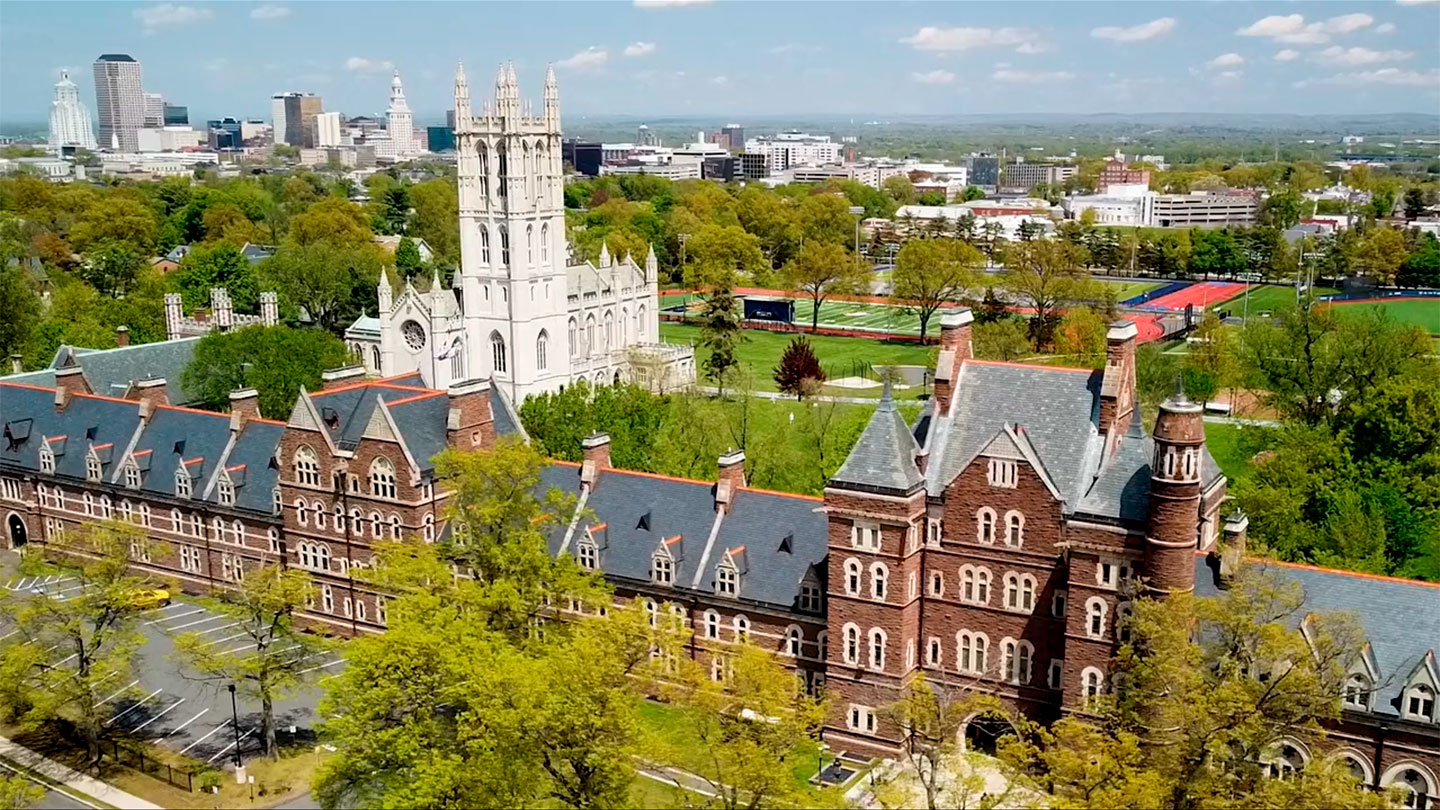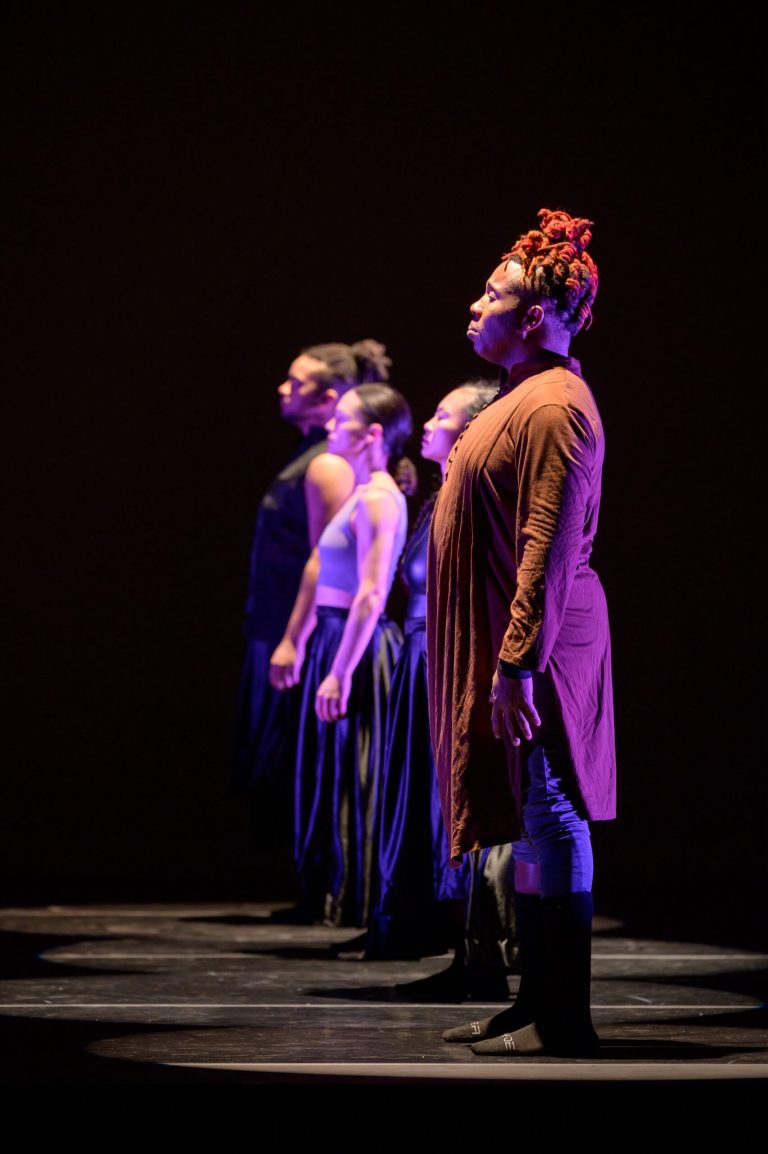Savannah Brooks ’26
Contributing Writer
As Trinity College and universities everywhere celebrate the return of entirely in-person learning, so do their clubs and social groups. Founded in 2020, Trinity’s LGBTQ+ Faculty and Staff Affinity Group was established to create an informal social group for queer faculty and staff, according to Professor Blase Provitola of the Language and Culture Studies and the Women, Gender, and Sexuality departments. Professor Provitola is the co-facilitator of the group along with Professor Tim Landry of the Anthropology and Religious Studies departments. The group itself is “closed,” Provitola said. Members don’t have to be “out” to join; instead, they can enjoy the social benefits without feeling as though they are disclosing their sexuality or gender identity to the outside community.
Even though this is the first time the group has existed during an entirely in-person year, they have held several events in their short tenure. They have hosted virtual happy hours, aiming to increase LGBTQ+ visibility in the Trinity College community and connect queer faculty and staff informally with queer students. These events coexist with an increase in LGBTQ+ events on campus and virtually in the past few years with the creation of the Queer Resource Center (QRC), headed by Crystal Nieves, the Director of LGBTQ+ life at Trinity. Professor Provitola commended the QRC for its efforts: “now,” they said, “you see posters [about LGBTQ+ events] all over campus.”
This increase in visibility has made small improvements across the board such as pronouns now being shared in class or in orientation groups, but Provitola holds that “universities can always do more” to support their LGBTQ+ students. In a study conducted in 2021 of LGBTQ+ life at Trinity by Professor Provitola, Professor Landry, Professor Michael Grubb of Psychology and Neuroscience, and Professor Rachel Moskowitz of Public Policy and Law, it was found that 40% of respondents (Trinity students who self-identify on the queer spectrum) disagree or strongly disagree with the statement, “LGBTQ+ students are treated with respect at Trinity.” Several students cited Vernon Street as where they felt most uncomfortable and felt that they could not have a fulfilling social life without staying in the closet. These feelings are echoed outside of Trinity as well.
“When you’re queer,” Affinity Group member and Administrative Assistant Debra Mock said, “you look at life a little differently. There are things you have to take into consideration, whether it’s how you walk with your wife, how you dress, those types of things.”
Organizations like the QRC and the Affinity Group aim to make it so this isn’t the case at Trinity. They want queer students to feel just as included and to work to eliminate bias from non-queer students. According to Mock and Professor Provitola, they are making the correct strides. Mock “give[s] [the college] a lot of credit for having the willingness to… learn how to be an ally and be a good ally… It’s hard work.” At the same time, however, students from the study mentioned that other schools, especially those in New England, have plenty of queer spaces and much less discomfort with their LGBTQ+ population.
The LGBTQ+ Faculty and Staff Affinity Group plan on holding events further down the line for LGBTQ+ students and staff to socialize. In the meantime, the QRC website has a page dedicated to upcoming queer events on campus, and there are several classes being held in the spring that are focused on LGBTQ+ issues including Professor Provitola’s own Non-Binary French (FREN307) or Transgender Migrations (WMGS324). If you would like to visit the Queer Resource Center, it is located at 114 Crescent Street.








+ There are no comments
Add yours